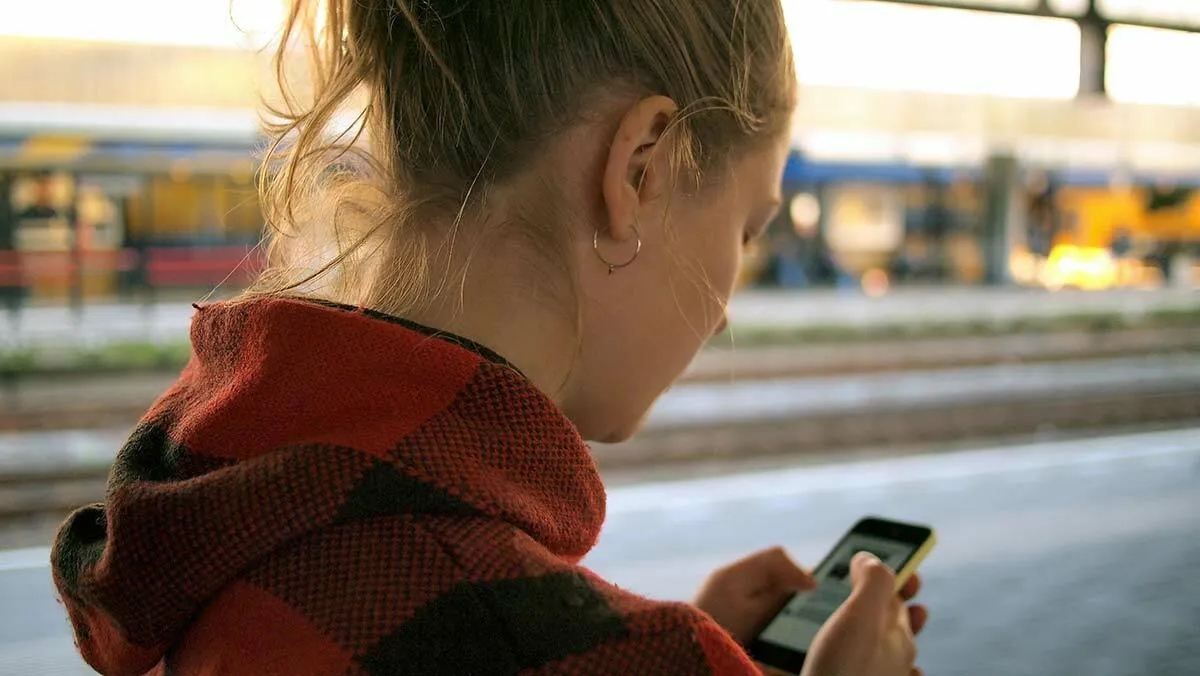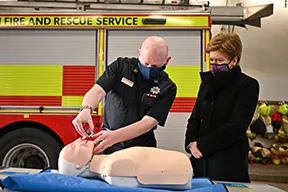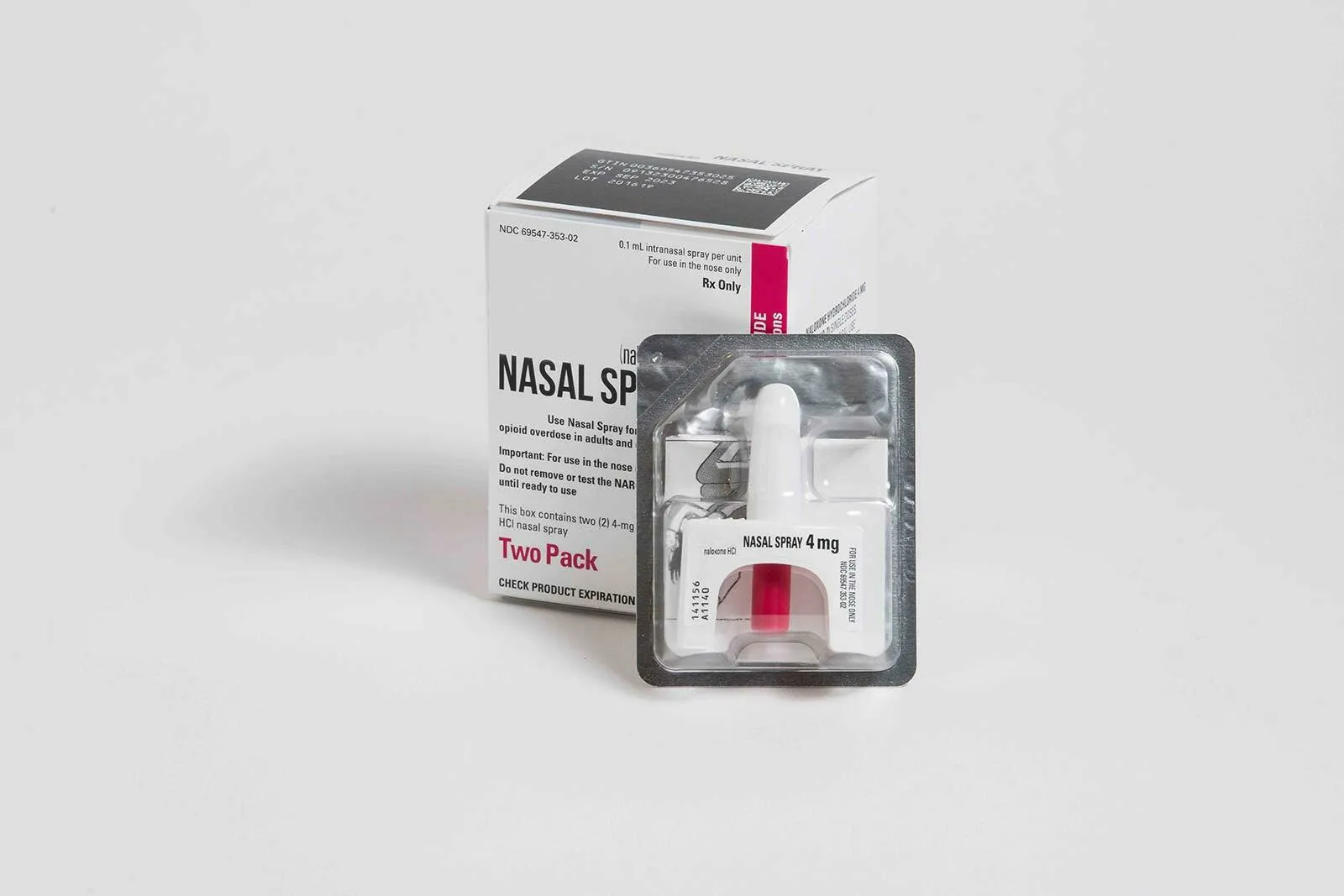911 Good Samaritan Laws
Someone's chances of surviving an overdose depend on how fast they get help. Calling 911 right away could save a life.
Sometimes people who are present during an overdose don't call 911, because they are reluctant to get the police involved. Young people may not call if they are worried about their parents finding out what happened.
Urge your kids to call 911 immediately if they witness an overdose. Reassure them that you will understand, no matter the circumstances, and that 911 Good Samaritan laws can protect them.

Know Your State's 911 Good Samaritan Law
Today, most states have 911 Good Samaritan laws. These laws provide legal protection for people who call 911 during an overdose.
911 Good Samaritan laws vary from state to state. For example, some states protect the 911 caller from arrest or prosecution, while others consider the 911 call a mitigating factor during sentencing. Some states require police cooperation or drug treatment as a condition of immunity. (Source: DrugPolicy.org)
Use the Prescription Drug Abuse Policy System's map to learn about your state's 911 Good Samaritan law.
What to Do If You Witness an Overdose
1. Call 911.
Tell them exactly where you are.
Tell them someone is unresponsive.
When the paramedics arrive, tell them what you know.
2. If you have an opioid reversal medication like naloxone, use it. Even if the person starts breathing normally, they still need medical help.



